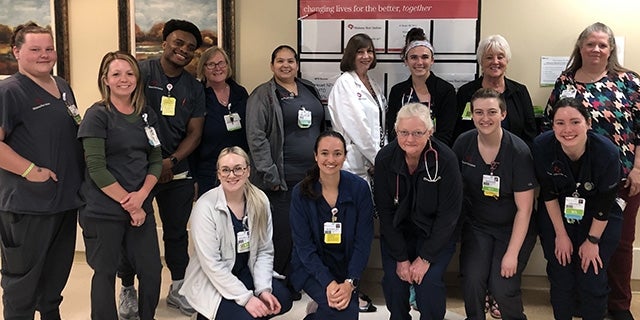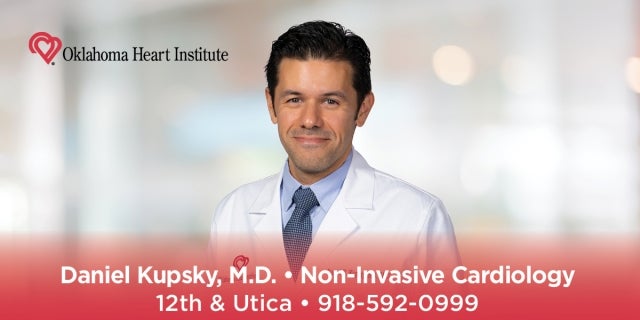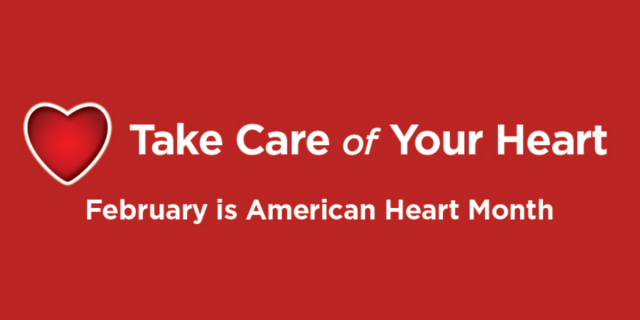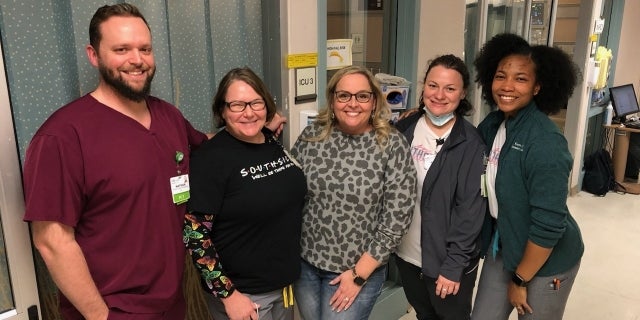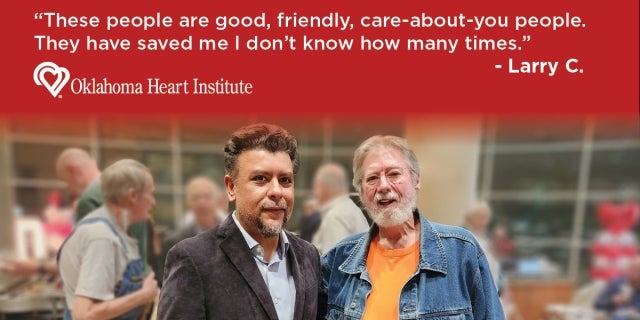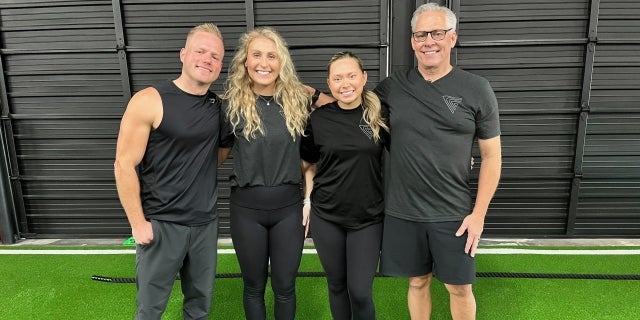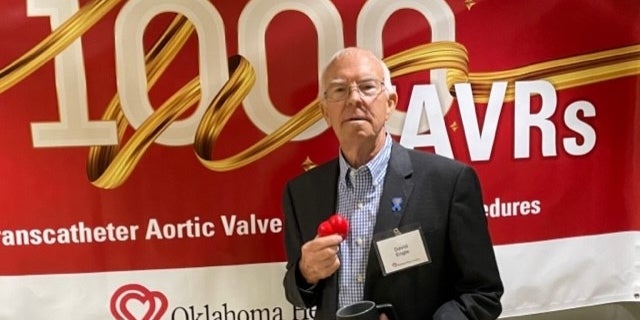When young nurses, interns and residents need questions answered on the fourth floor of Oklahoma Heart Institute, they will often turn to one person: “Mama Di.”
Diana Haley, 68, started working at Hillcrest Hospital in 1974 as a nurse’s aide while enrolled in the Hillcrest School of Nursing. After graduation, she became a registered nurse, focusing on cardiology. Outside of six years of managing the cardiac catheterization lab, she has been a mainstay in the Heart Telemetry Unit at Oklahoma Heart Institute.
During her 47 years of nursing, Haley has seen many changes around... Read More »

